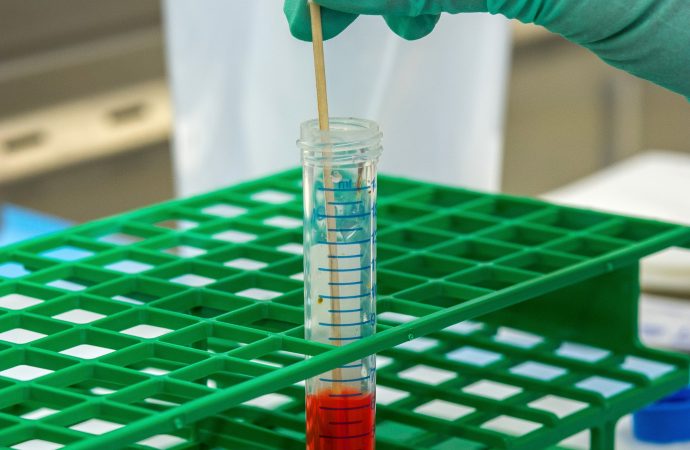The emergence of rapid cancer blood tests has ushered in a new era in cancer diagnosis, offering the potential for faster and less invasive detection. These innovative diagnostic tools hold the promise of revolutionizing cancer care by enabling early detection, personalized treatment approaches, and improved patient outcomes. However, as the field evolves, questions regarding their
The emergence of rapid cancer blood tests has ushered in a new era in cancer diagnosis, offering the potential for faster and less invasive detection. These innovative diagnostic tools hold the promise of revolutionizing cancer care by enabling early detection, personalized treatment approaches, and improved patient outcomes. However, as the field evolves, questions regarding their reliability, accuracy, and ethical implications have come to the forefront. In this article, we delve into the promises, challenges, and ethical considerations surrounding rapid cancer blood tests.
Traditional methods of cancer diagnosis often involve invasive procedures, such as tissue biopsies, which can be time-consuming, uncomfortable, and costly. Rapid cancer blood tests aim to overcome these limitations by analyzing specific cancer-related biomarkers or genetic alterations in a simple blood sample. The convenience and non-invasiveness of these tests have captivated the attention of researchers, clinicians, and patients alike.
One of the most significant advantages of rapid cancer blood tests lies in their potential to detect cancer at an early stage, when treatment options are most effective. By identifying specific markers or genetic mutations associated with cancer, these tests can provide valuable insights into an individual’s risk of developing cancer or the presence of cancer cells in the body. Early detection plays a crucial role in improving survival rates and enabling timely intervention and tailored treatment strategies.
Moreover, rapid cancer blood tests offer the promise of monitoring treatment response and disease progression. By analyzing circulating tumor DNA or other cancer-related markers, these tests can provide real-time information about a patient’s response to therapy. This empowers healthcare providers to make informed decisions regarding treatment adjustments, leading to more precise and effective care.
While the potential benefits of rapid cancer blood tests are enticing, concerns about their reliability and accuracy loom large. Ensuring that these tests consistently deliver accurate and reproducible results is essential for their widespread adoption. Rigorous clinical validation studies are necessary to establish the sensitivity, specificity, and overall performance of these tests across diverse patient populations.
Ethical considerations also come into play when discussing rapid cancer blood tests. False-positive or false-negative results can have significant consequences, leading to unnecessary invasive procedures or delayed diagnoses, potentially compromising patient well-being. It is crucial to strike a balance between embracing innovation and prioritizing patient safety and well-being.
Regulatory oversight and clear guidelines are crucial in the integration of rapid cancer blood tests into clinical practice. Collaborations among researchers, clinicians, and regulatory agencies are necessary to establish robust frameworks that ensure the quality, safety, and ethical use of these diagnostic tools. Additionally, addressing issues of accessibility and affordability is vital to ensure equitable access to rapid cancer blood tests for all patients, irrespective of their socioeconomic status.
While there are challenges to navigate, the potential benefits of rapid cancer blood tests cannot be ignored. Early studies have shown promising results across various cancer types, offering hope for improved patient outcomes. Continued research, technological advancements, and collaborations among stakeholders are essential to refine the accuracy, reliability, and overall performance of these tests.
In conclusion, rapid cancer blood tests represent a potential new era in cancer diagnosis, offering faster and less invasive approaches. Their ability to enable early detection, personalized treatment strategies, and improved patient care has generated excitement. However, it is critical to address concerns regarding reliability, accuracy, ethical considerations, and regulatory oversight to ensure responsible integration into clinical practice.
As researchers, clinicians, and regulatory bodies work together to address these challenges, it is hoped that rapid cancer blood tests will fulfill their potential, ultimately transforming the field of cancer care and making a positive impact on the lives of those affected by this complex disease.

















Leave a Comment
Your email address will not be published. Required fields are marked with *